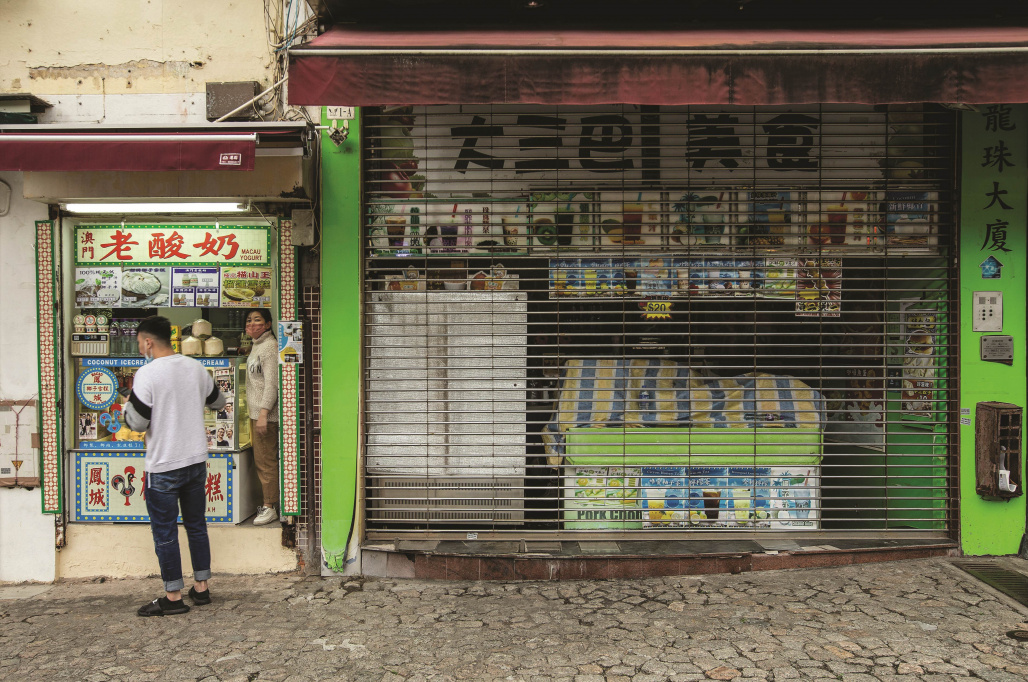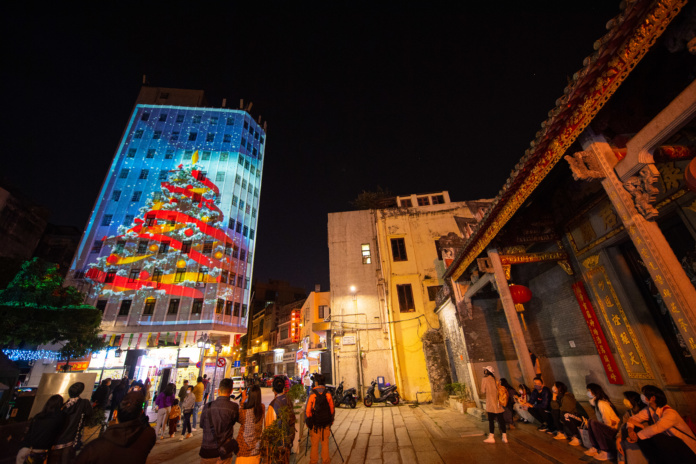
Macau Business | February 2024
Keith Morrison – Author and educationist
Many and various are the advocates of entrepreneurship in Macau. Indeed, Macau SAR government’s Comissão de Desenvolvimento de Quadros Qualificados ‘encourages young people in Macau to fulfill their dreams of starting their own business and thereby foster economic diversification and innovation in Macao’, offering ‘an interest-free business start-up loan programme specially designed for young people’. Very worthy indeed, as financing and access to start-up capital are formidable constraints. To these challenges facing entrepreneurs in Macau are added other familiar matters: market competition and flux; networking; lack of expertise, knowledge, skills, and experience; talent recruitment; timing of scaling up; personal, emotional, interpersonal, mental strain and burnout; team development; work-life balance; risk analysis and evaluation in handling uncertainty; and regulatory and legal hurdles and their adverse effects.
These challenges might well explain Macau’s sluggish increase in newly incorporated companies (see Graph 1) over the last ten years, and the increase in its dissolved companies (see Graph 2). Here, the average annual percentage (rounded) of newly incorporated companies that were dissolved rose from 11 percent in 2013 and 10 per cent in 2014 to 17 percent in 2022 and 18 per cent in the first three quarters of 2023 (latest data available).
There is a need for a paradigmal mentality change to bring more creative views of entrepreneurship in Macau. Witness the lines of closed-down small businesses in street after street in Macau’s city centre (as in other cities across the world). This is not only indicative of mountainous business rental costs but is also a testament to the demise of regarding entrepreneurship as simply running small shops. Yesterday’s entrepreneurs preceded AI and online business; today’s and tomorrow’s entrepreneurs operate in virtual worlds.
But challenges to entrepreneurship do not stop here. One significant obstruction to entrepreneurship in Macau is the years of learning compliance, passivity, and silence in its schools, in which questioning, critique, imagination, own ideas, and creativity are punishable offences, from kindergarten upwards. This is reinforced in the pipeline through to adulthood in Macau, where regulatory and legal matters in many of Macau’s institutions, government offices, and disproportionate civil service replace entrepreneurship’s appeal to the maxim ‘everything that is not forbidden is allowed’ by the hobbling mentality of ‘everything is forbidden unless it is permitted’.

Take for example, a civil servant in Macau who tells a would-be entrepreneur that they cannot do such-and-such because no mention of permitting it has been included in any law, regulation, bye-law, or company document. In most countries, that omission or silence is an open door to creativity, autonomy, responsibility, freedom, entrepreneurial development, and risk taking. In Macau, the lack of mention is the opposite: a shackling and stifling of entrepreneurship, often emanating from the very people who, in their next breath, are advocating entrepreneurship. How to kill entrepreneurship at a stroke.
The sentence ‘everything that is not forbidden is allowed’ recognises the ‘general power of competence’ (legal term) of entrepreneurs, and this is liberatory, open, empowering, innovative, dynamic, and creative. Then look at Macau, where so much is controlling, shut tight, unimaginative, uninventive, risk-averse, and breeds dead-end, static conformity. No wonder so much entrepreneurialism stems from outside Macau.
























